Ketanji Brown Jackson Becomes the First Black Woman to Serve on the Highest Court
The Justice started her service with a 14th Amendment case
From Fred Schilling / Collection of the Supreme Court of the United States
Ketanji Brown Jackson with President Biden and VIce President Harris
October 26, 2022
On June 20, Ketanji Brown Jackson took the Constitutional and Judicial Oath. She is the newest Supreme Court Justice, replacing Justice Stephen Breyer. Jackson is the first Black Woman to serve on the Supreme Court.
Jackson attended Harvard Law School. This isn’t her first time working in the Supreme Court; she used to be a clerk for the Justice she replaced. She also served on the US Court of Appeals in the D.C. circuit.
Ketanji Brown Jackson began hearing her first cases as a Supreme Court Justice the first week of October. NBCnews reported that on Jackson’s second day, she heard a case dealing with weakening the Voting Rights Act.
The case was Merrill v. Milligan, a case deciding if Alabama’s new congressional map was discriminatory against Black voters. The Guardian explains the case as “dispute over the seven congressional districts Alabama drew last year. Only one of those districts has a majority-Black population, even though Black people make up a quarter of Alabama’s population.”
This case is very important as it will display the court’s stance on the Voting Rights Act while a 6-3 conservative majority serves.
Ketanji Brown Jackson let her presence be known, asking Alabama’s solicitor general why being conscious and concerned about race was a problem under the Voting Rights Act (14th amendment).
Jackson explained how the 14th amendment was created to protect Black citizens after the Civil War. Jackson stated, “I don’t think we can assume that just because race is taken into account that that necessarily creates an equal protection problem.”
NBC news quotes prominent civil rights lawyer Sherrilyn Ifill praise of Jackson’s debut: “Her tone is upbeat and respectful, but she is tough, no nonsense and demanding. This was as impressive a debut as I’ve seen of a new justice in my more than 30 years of court-watching.”
A recent New York Times article covered Jackson’s debut in the court, and shows the amount of words spoken by each new justice within their first eight articles.
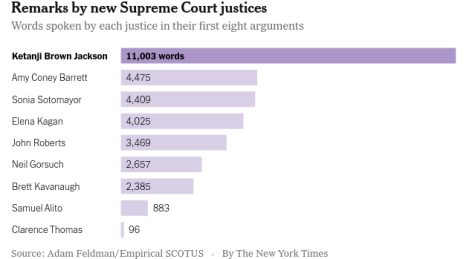 As seen in the graph, Jackson has asked many more questions and made more statements than other new justices.
As seen in the graph, Jackson has asked many more questions and made more statements than other new justices.
Adam Liptak gives possible reasoning for why Jackson speaks more than colleagues: “When the justices meet at their private conferences to vote on cases after arguments, they speak in order of seniority, with Jackson going last…The points she makes from the bench at least have a fighting chance of making an impact.”
The Guardian details Jackson’s productive questions in her first case, Sackett v. EPA, an environmental case dealing with the Clean Water Act. Jackson pressed lawyer Damien Schiff, asking why Congress needed to make distinctions when the act is to protect all of the nation’s waters.
The Guardian also adds Mark Stern’s quote from Slate explaining the clear difference between Jackson and Stephen Breyer, who she replaced: “Breyer had a habit of bringing arguments to a standstill with endless, convoluted questions that failed to move the needle. So far with Jackson, there’s no self-indulgent wheel-spinning, just rapid-fire questions that cut to the heart of the case.”
Many sources also mentioned how Jackson’s use of originalism was a special approach to the case. University of Michigan law professor Leah Litman states: “It was just a really frontal challenge to the narrative that the court has spun without really engaging with the relevant history. To have her do so so evocatively and clearly was just quite striking.”
Originalism is typically a conservative strategy that the New York Times defines as “an approach that seeks to interpret the Constitution as it was understood at the time it was adopted.”
Jackson’s addition to the court has impressed many. One only needs to read her statements and see her confidence is clear. She is a firm justice, not afraid to speak when she sees fit or see her recent addition to the court as a reason to stay quiet. Everything points to her being an excellent justice for many years.
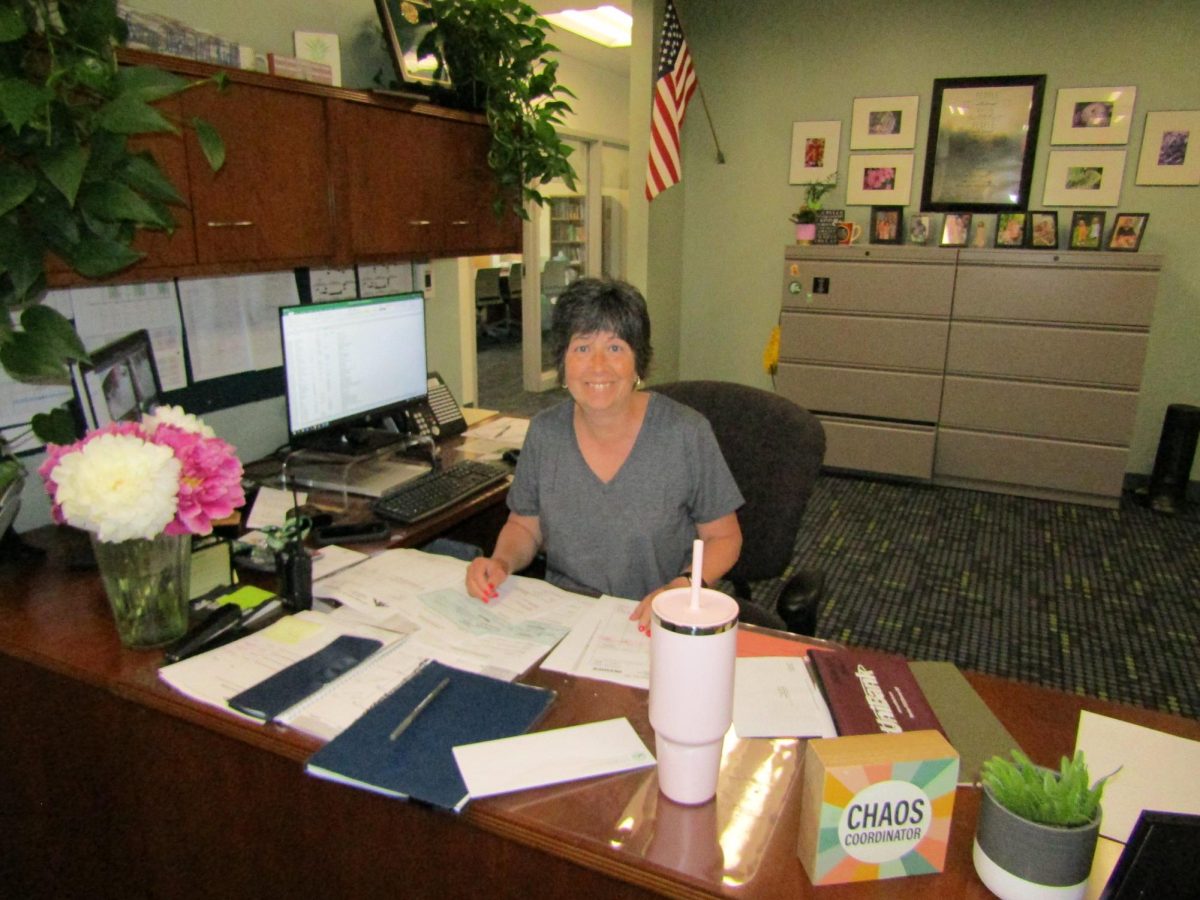
























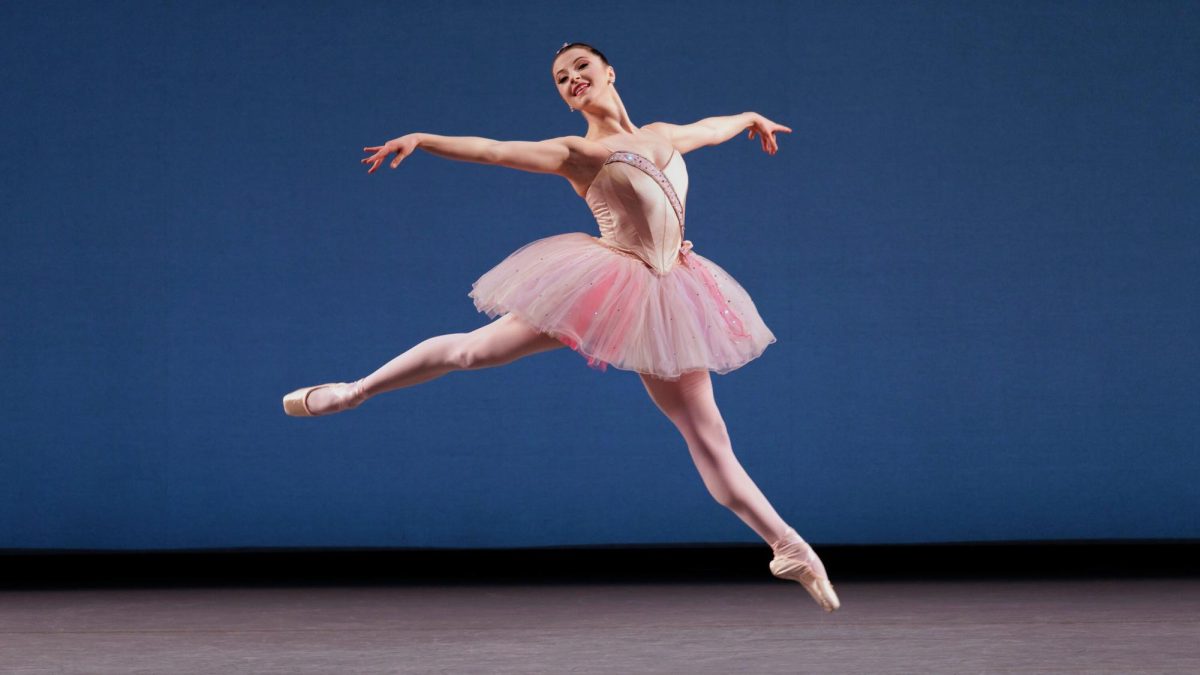
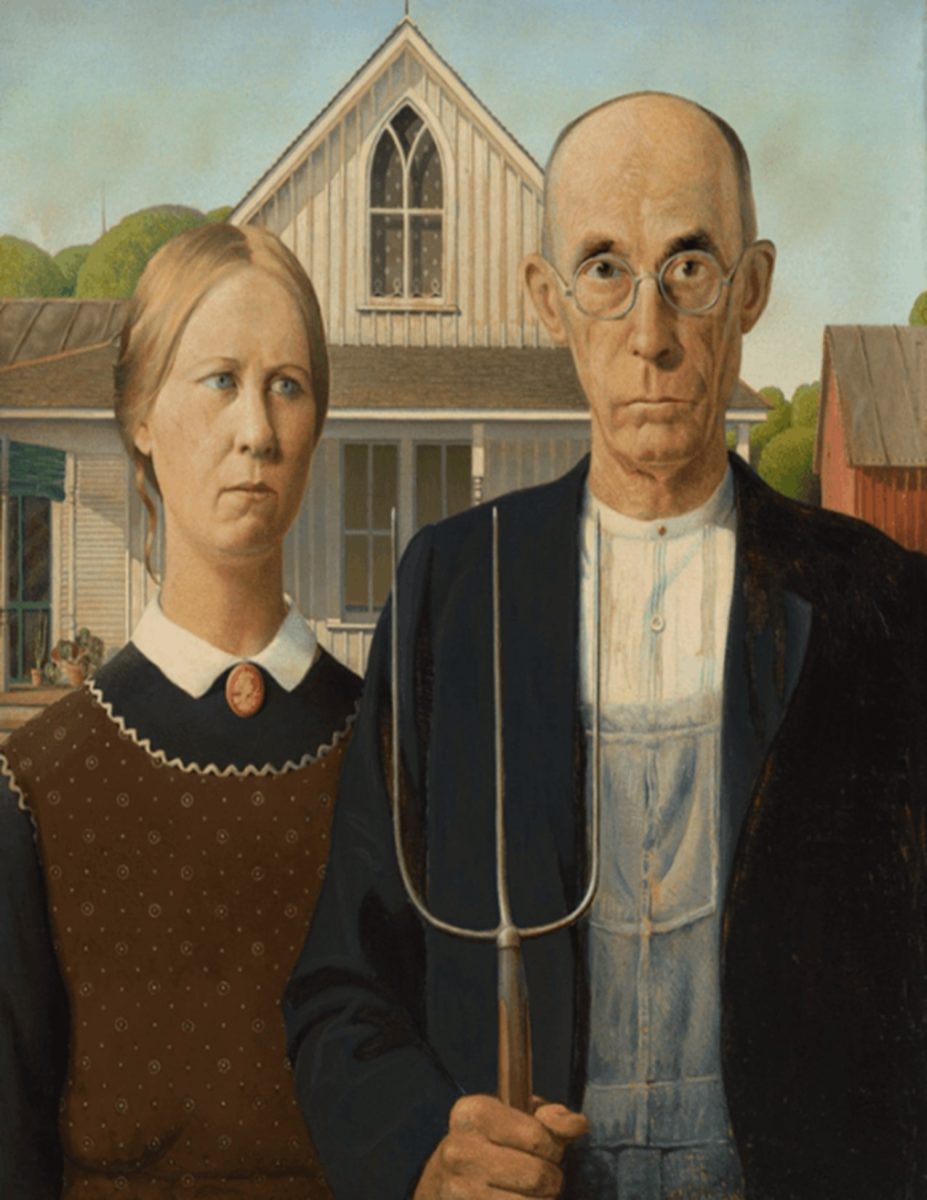
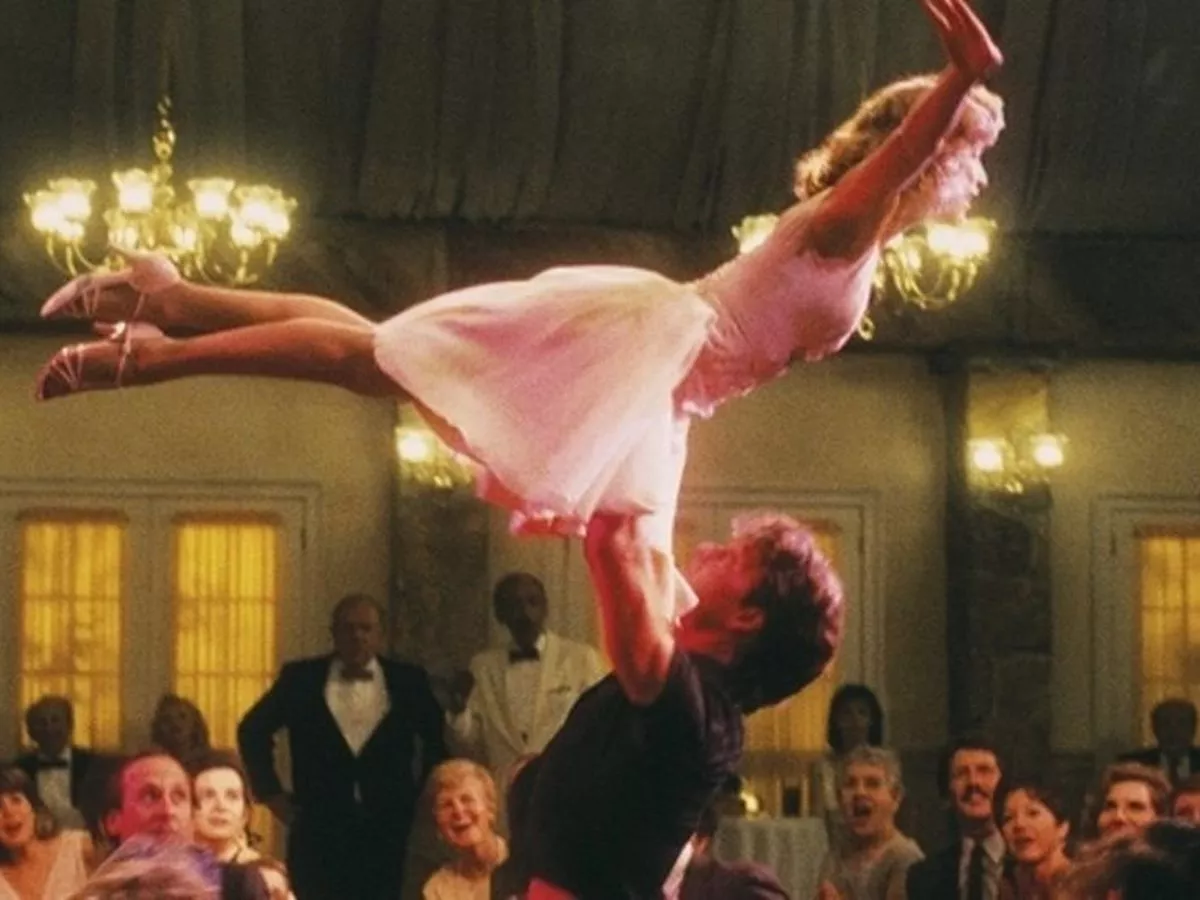


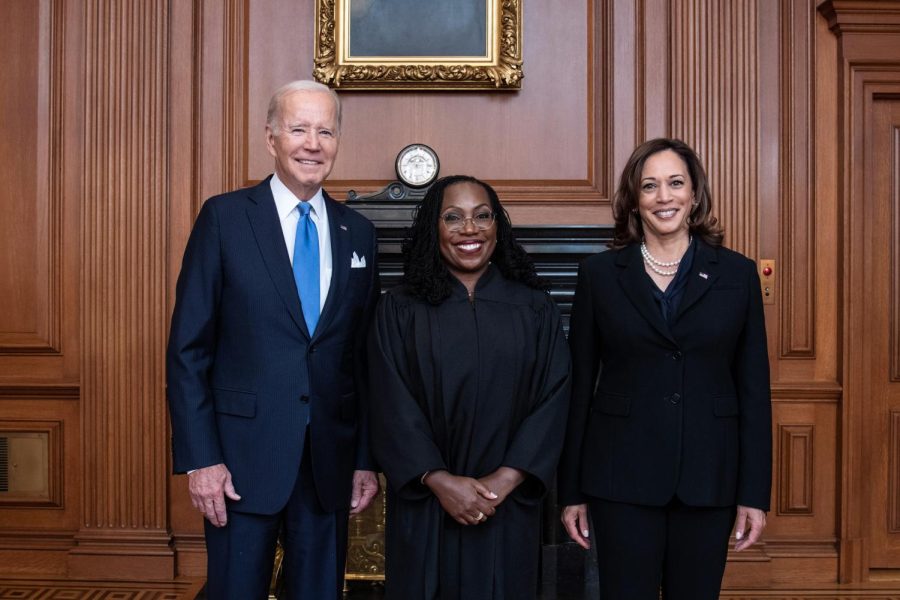



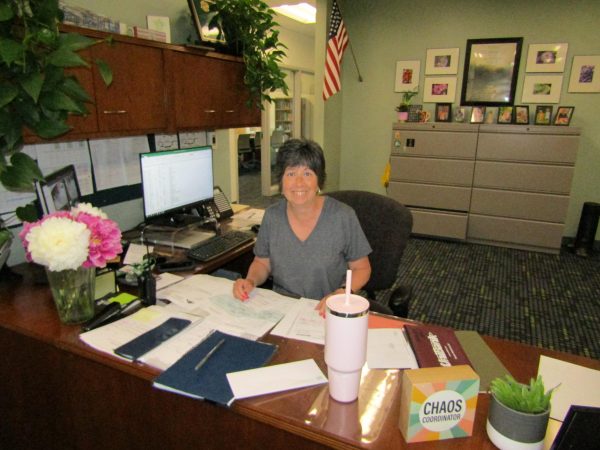






Ted McCarthy • Oct 29, 2022 at 8:33 am
Nice work Emma!
Excellent job of quoting from high quality news sources (NYT, Guardian) to help make your point.
Great job!
Emma Logue • Nov 16, 2022 at 7:49 am
Thank you!
Cheryl A Sherman • Oct 28, 2022 at 10:32 am
Emma,
Thank you for introducing our newest supreme court member. It will be important for future generations to connect voting to supreme court members. Not all Supreme court members are the same. Jackson’s style to dissect information for thorough answers will be important for the younger generations in the effort for justice for all. Please continue your work informing your generation of the impact of their votes in order to shape the future of the judicial system!
Emma Logue • Nov 16, 2022 at 7:42 am
Will do! Thanks for the feedback!
Michael Keough • Oct 28, 2022 at 10:11 am
Thought provoking read Emma. If black people make up a quarter of the Alabama population and there’s seven congressional seats well you can’t divide 7 into quarters. So how can you divide them fairly? And do you need a black majority district for the district to be fair to black people? It’s not like all black people vote the same. These are the questions I ask myself. Great job. I heard about the case but understand it much better now thanks to your article.
Vanessa Haerle • Oct 28, 2022 at 9:55 am
Well done, Emma! I really enjoyed reading your article about our new Supreme Court Justice. I was hoping she would have strong impact on the courts when she was first appointed, and it seems like that is the case. I had not realized that she has been so much more vocal than other first time justices, but clearly she is speaking with confidence and getting right to the heart of the matter. That’s what we want in our SCJ’s right?! Very informative piece-thanks!
Emma Logue • Nov 16, 2022 at 7:40 am
Thanks! Always great to inform others.